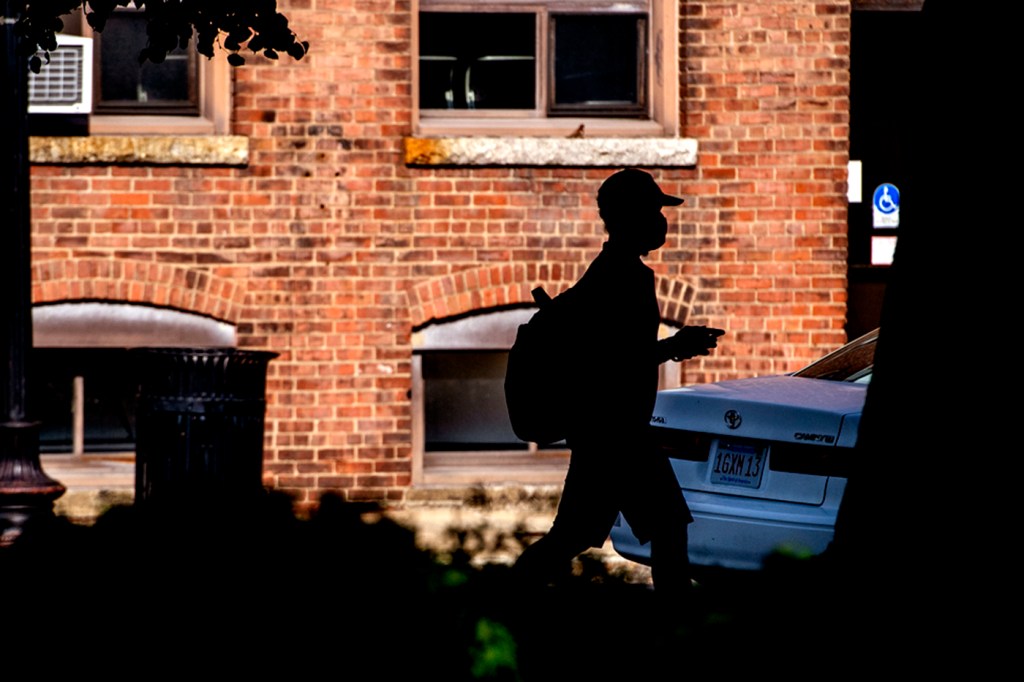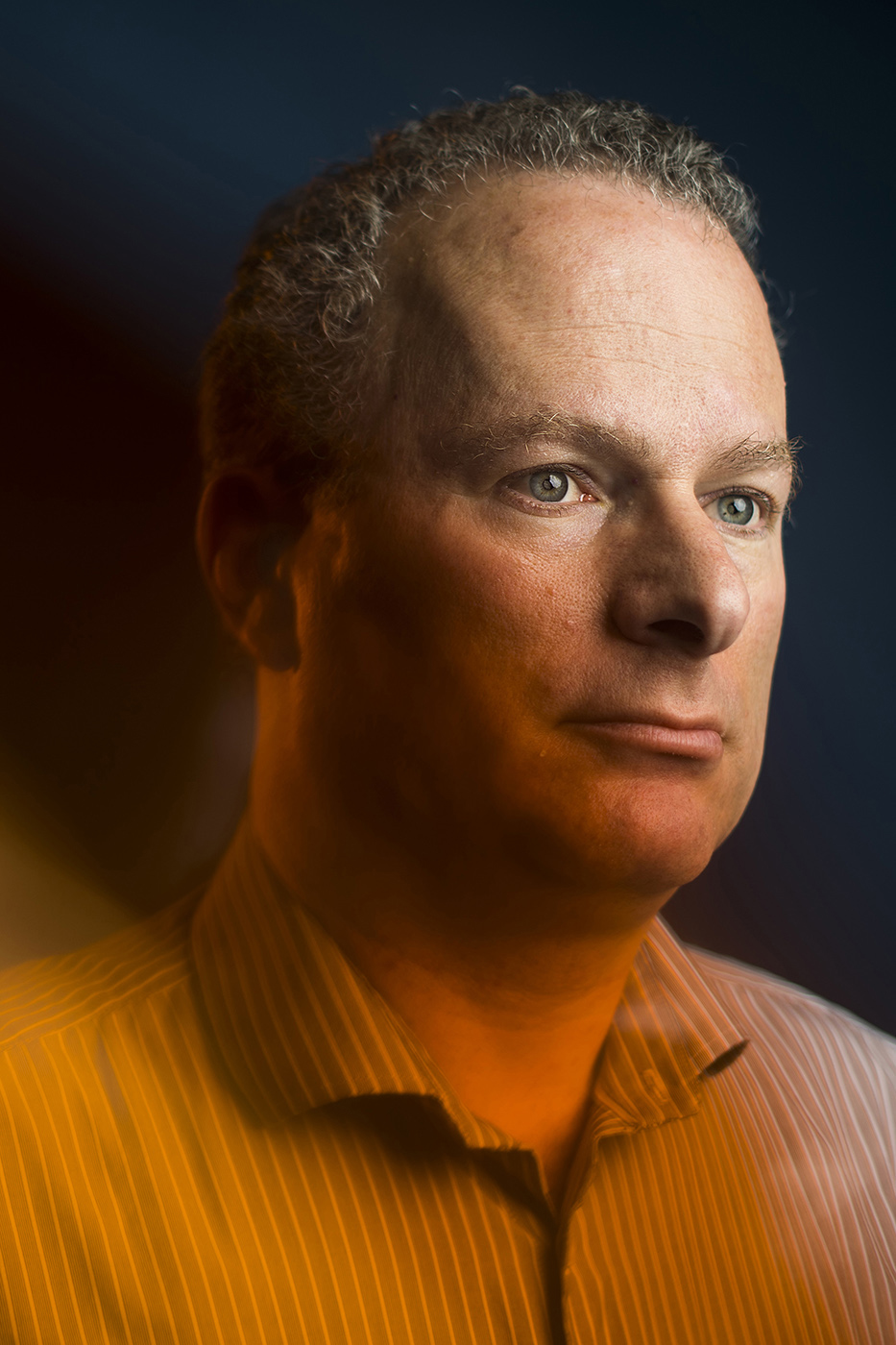Most US residents don’t think it’s safe for K-12 schools to reopen for in-person learning, new national survey finds

Most U.S. residents agree that safety conditions just aren’t there yet for school-age children to return to the classroom because of COVID-19, but the consensus begins to splinter among racial, income and political groups, according to new results from a national survey from Northeastern, Harvard, Rutgers, and Northwestern.
Researchers interviewed roughly 19,000 adults in July and found that only 31 percent of them believe that sending students K-12 back to school was either “very safe” (10 percent) or “somewhat safe” (21 percent).

David Lazer is university distinguished professor of political science and computer and information sciences with joint appointments in the College of Social Sciences and Humanities and the Khoury College of Computer Sciences at Northeastern. Photo by Adam Glanzman/Northeastern University
Not all adults surveyed had children, but for those who do, the findings discovered relatively minor gaps between parents who live with only young children in the household (ages 0-5) and parents with preteen (age 6-12) or teenage (age 13-17) children, though parents who live with children in the youngest age group were a bit less likely to consider schools safe.
“The implication is that parents who live with children are not differentiating their attitudes based on whether the kids are in elementary, middle, or high school, despite emerging research suggesting that the risks associated with COVID-19 may vary for children at different ages,” researchers wrote.
The findings, which cover public and private schools, come as a growing number of school districts across the United States have announced that they will provide entirely remote learning this fall. Others, like New York City, continue to consider alternatives, including hybrid models in which students attend school part-time.
While other countries have succeeded in reopening schools without a resurgence of cases (with some exceptions), they reopened in a very different context, with rates of infection in the community far lower than in many places in the United States.
“What we found there is that the number of COVID-19 cases is much higher in the U.S. than other countries that have reopened their schools, like Denmark. They reopened their schools but their number of cases is down really low,” says David Lazer, university distinguished professor of political science and computer and information sciences at Northeastern, and one of the researchers who conducted the study.
As has often been the case with other responses to the pandemic, views about school safety and reopenings vary according to gender, race, income, and political party.
Women were less likely to consider returning to school very or somewhat safe (28 percent) than men (34 percent), as were non-white respondents (19 percent) compared to white respondents (37 percent). Black people, in particular, were the least likely among non-white survey-takers to feel very or somewhat safe.
By income, people who made more than $200,000 a year were almost twice as likely (40 percent vs. 22 percent) as the least wealthy to support school reopenings. The study also found marked divisions between Republicans and Democrats.
Fifty-three percent of Republicans supported K-12 students in their community returning to school compared to just 15 percent of Democrats and 28 percent of independents.
Researchers found little variation between Republicans and independents with school-age children in the household and those without children. Over half (52 percent) of Republican parents and 30 percent of independent parents see students returning to school as safe, compared to 54 percent and 28 percent of those voters without children.
Democrats with children, however, are eight percentage points more likely to believe schools are safe than their counterparts without children.
“This seemingly counterintuitive difference among Democrats may reflect the greater direct stakes parents have in the reopening of schools, or it may reflect the presumably greater attention parents of school-age children are paying to the plans of their local school districts,” the study said.
President Trump’s supporters were far more likely to believe in school safety than those who support his Democratic rival, Joe Biden.
For media inquiries, please contact media@northeastern.edu.





